Next Text: As DirecTV and Dish Try to Seize the Remains of the Day, Does It Even Matter?
This week, we also ponder faster streaming gadgets, how AI is raising the dole and the dead ... and just who sucked out the feeling?
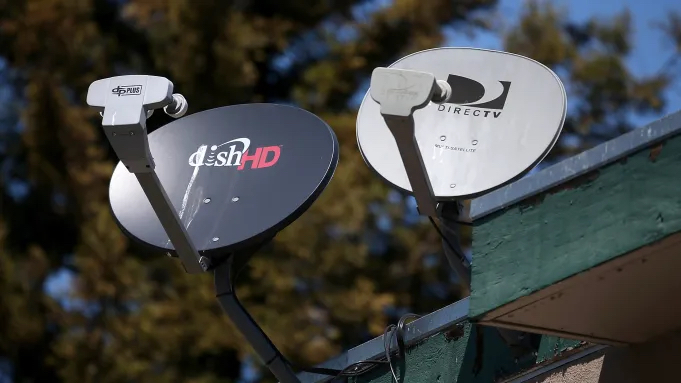
The smarter way to stay on top of the streaming and OTT industry. Sign up below.
You are now subscribed
Your newsletter sign-up was successful
We hold in our hands the very last "Next Text" for Next TV, the weekly back-and-forth TMT-focused ruminations of writers Daniel Frankel and David Bloom. As Next TV, er, "evolves" into a "curated newsletter" sans original words and sentences, our "Next Text" column will migrate to the new Next TMT newsletter starting next week. Shoot an email to frankeldd@gmail if you'd like to be included on our initial blast.
DAVID BLOOM: Greetings, O most respected and powerful Don Daniele (when north of Rome a couple of hours, do as the Romans do), from our long-running Next Text Adjunct Bureau in the sun-kissed Tuscan hills of Italy. It’s harvest time, so tractors laden with hundreds of pounds of just-collected grapes routinely roll past the bureau to a nearby winery, one of 19 within a few miles. Yes, the resulting Sangiovese wines are very tasty, and like me, very friendly.

Speaking of harvesting, Friends of the Next Text at MoffettNathanson gathered up a lengthy, in-depth conversation with one Dr. John Malone, former CEO of TCI and DirecTV and more recently power behind the throne at Warner Bros. Discovery, Liberty Global, and Charter Communications. Asked what he thinks about streaming, the doctor called it "a terrible business.”
Crucial decisions made years ago make it difficult for struggling media companies to create the customized hybrid packages of on-demand and linear experiences they really want, he said. And sports spending may obliterate what’s left of the mediacos, unless they get a break on net neutrality rules that allow the tech giants free rein on rights deals. The solution/opportunity: international, where hybrid on-demand and linear packages are rolling out in some countries. I’ve watched exactly zero hours of Italian television in my sojourn here, but promise to do so in the course of this weekend’s Next Texting. I’ll let you know if I see anything besides awesome grapes and olives.
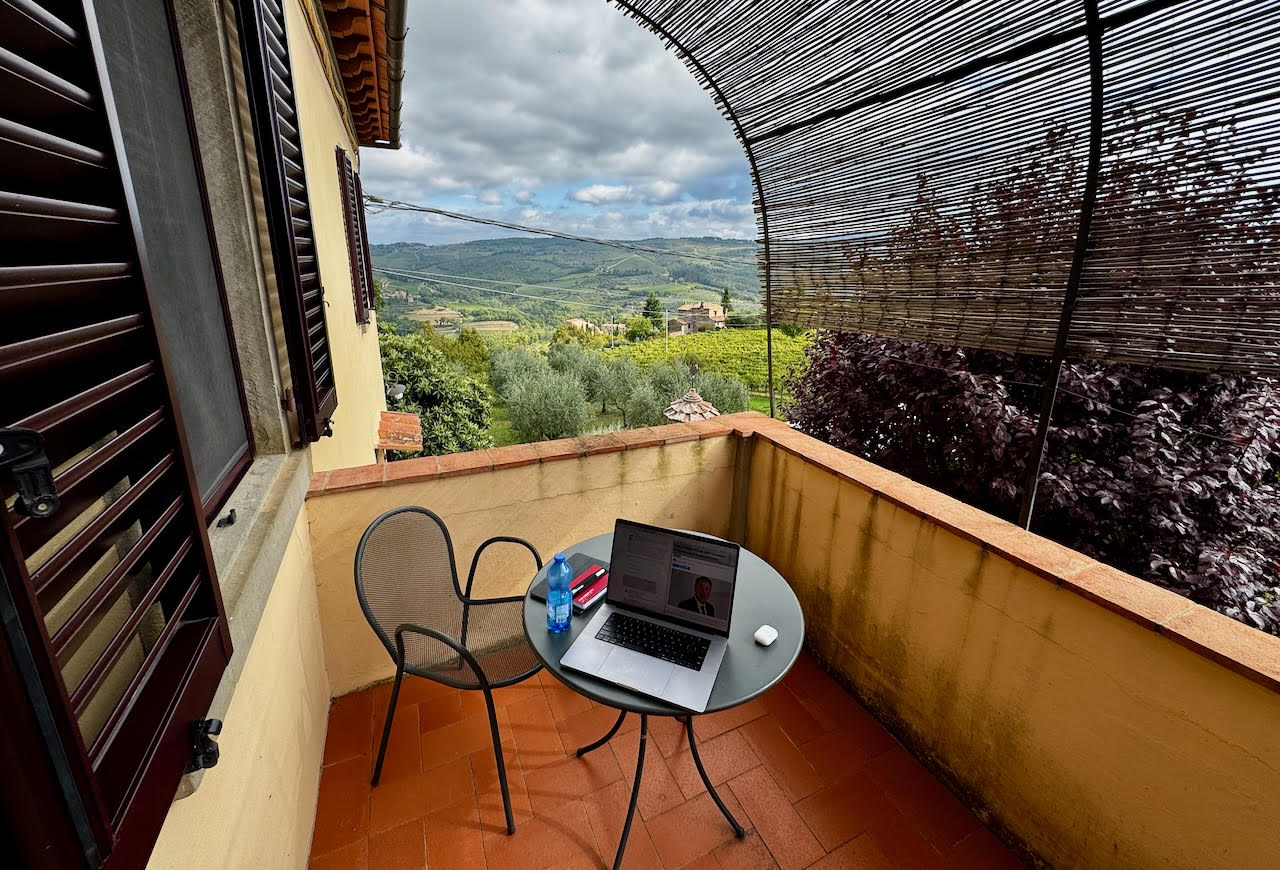
DANIEL FRANKEL: I think the Next TMT audience might soon grow resentful of your best life, David. I myself am intrigued by the prospect of a potential DirecTV/Dish Network tie-up. Kind of a Remains of the Day situation. But adding DirecTV's 11 million remaining accounts to Dish's just over 8 million would make it the top linear pay TV company in America ... delivering all the negotiating scale that comes with it. So this deal does matter. It's not like regulators are going to just let it pass.
Still, shouldn't the DOJ just let these two kids be happy as they get ready to embrace the video business' sweet hereafter?
BLOOM: Yes, Don Daniele, I shall endeavor to more adequately gate my pridefulness of our overseas reach. I merely hope to enlarge our discussion with an au courant international flavor, because, as you brash and broad-shouldered Americans like to say, that’s where the action is. There’s still life in Europe’s satcaster business, as attested by the rooftop dishes, cost of wiring 800-year-old neighborhoods, and Comcast-owned Sky’s abiding existence. But Malone is probably right that there’s room for maybe one U.S. satellite TV provider, given the crazy expense of repeatedly hurling tons of technology into low-earth orbit.
The smarter way to stay on top of the streaming and OTT industry. Sign up below.
Also read: DirecTV and Dish have spent years trying to merge. It might finally happen
I’m guessing the DirecTV-Dish dialup goes through, no matter who’s president next. Maybe one approval term will require DirecDish to sell wholesale access to third-party providers, who in turn could help pay the prodigious CapEx.
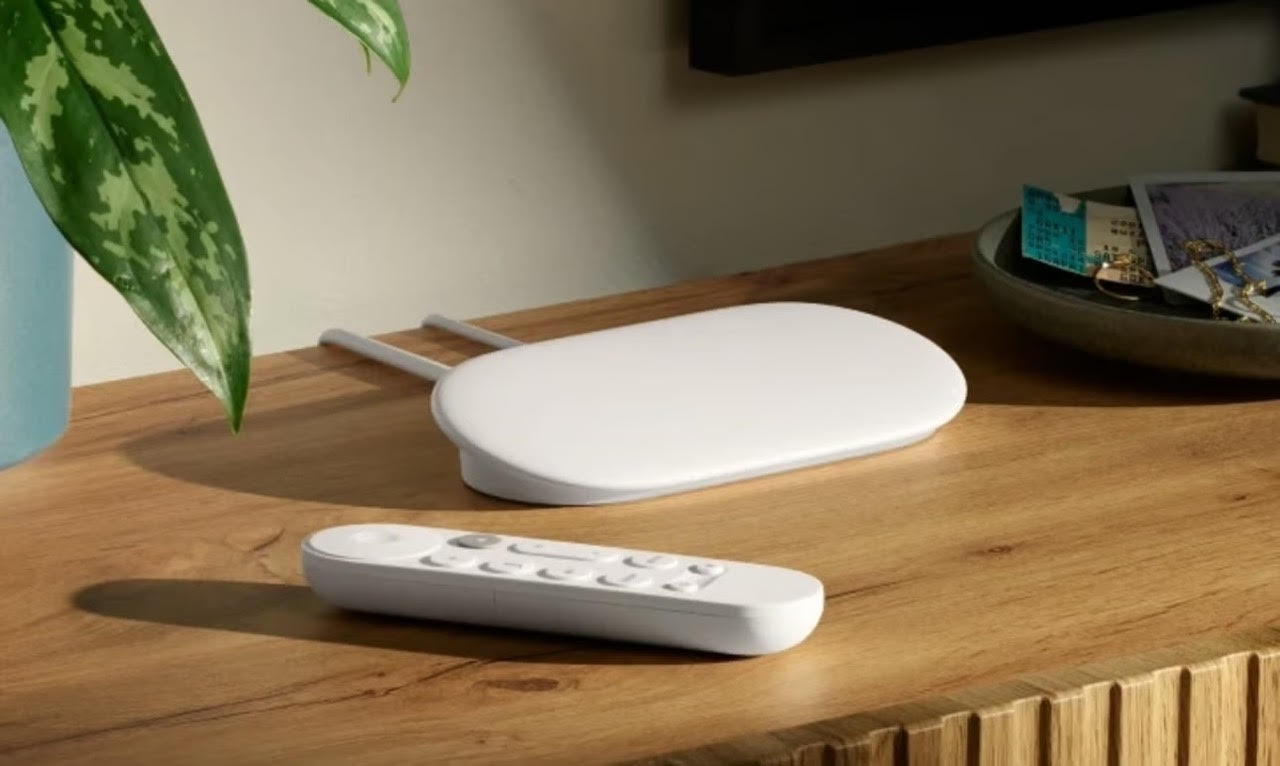
Speaking of delivery platforms, this week saw the arrival of two high-end streaming devices, from Google and Roku. Admittedly, the Roku Ultra is a buffed-up version of what’s been in the market for a while, with faster response time, zones for kids and more sports, 4K, HDR10+, Dolby Vision, Dolby Atmos, etc. Roku is beefing up its top model against the very interesting Google TV Streamer, which checks many of the same feature boxes and some useful Smart Home capabilities, all with Google TV’s interface. What are we to make of both Roku and Google going after the high-end market previously owned by the expensive and excellent Apple TV?
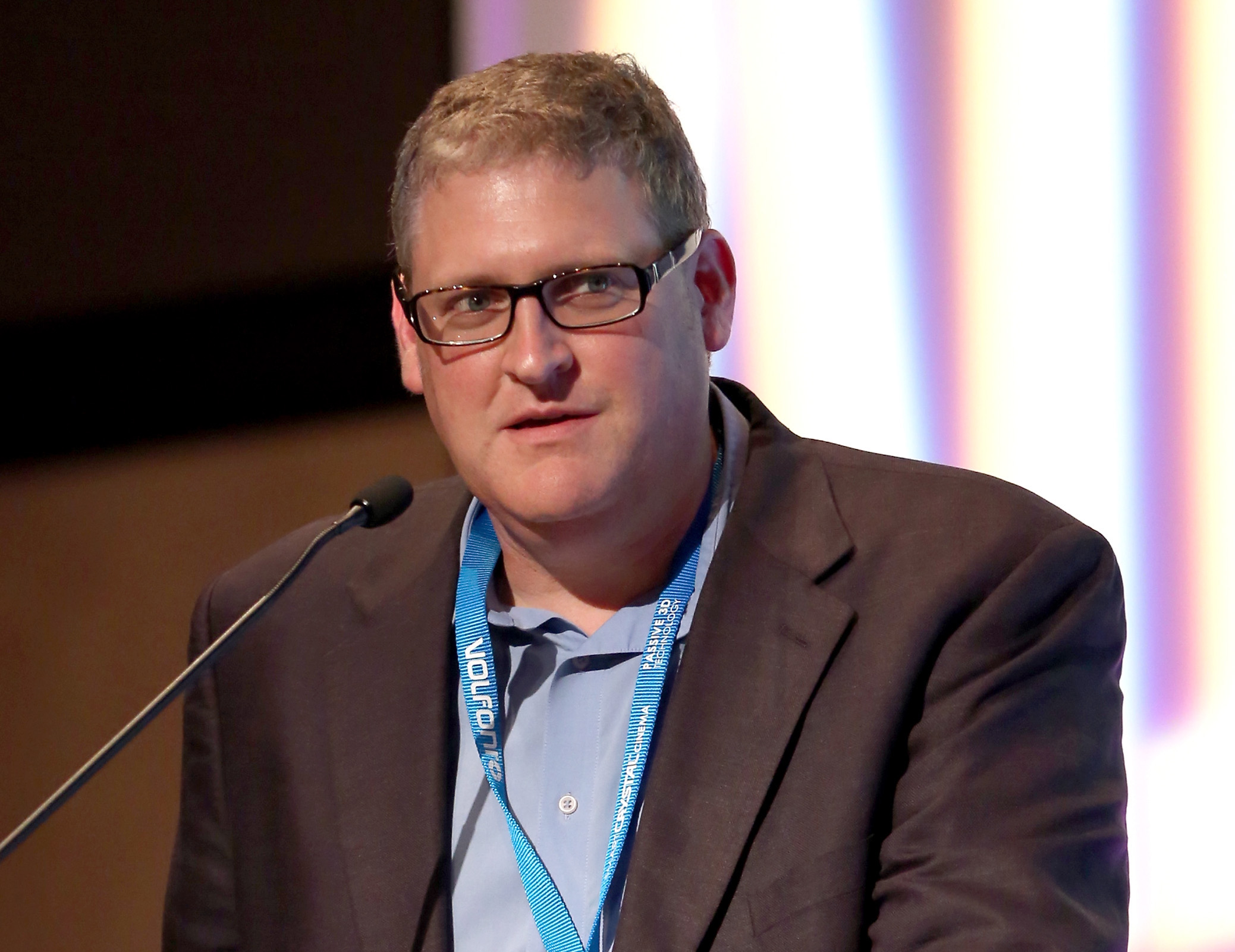
FRANKEL: As I respond to your message sent overnight from overseas, I have realized that this is the last time I'll ever post anything in Future plc's content management system. But I'm going to save the goodbyes for later. I did notice this week that Fubo launched a new multiview feature in beta on Roku devices. The Ultra class devices are the only ones that have the processing power to display four images at once vs. just two.
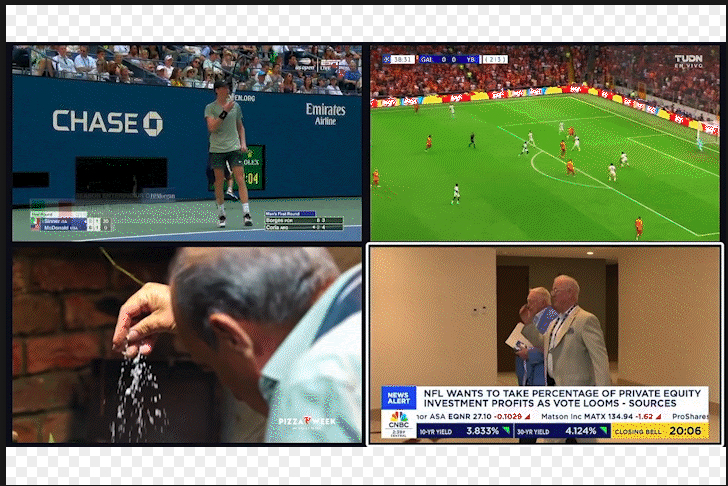
I think we've reached a point where the limited processing and memory power of the average streaming device and smart TV is becoming a more broadly limiting factor. As I pointed out last week, Synamedia has debuted an HDMI dongle that does the streaming app storage and processing in the cloud. There seems to be pressure from the app development community to put more horsepower in these boxes. Google's decision to go premium ($100 price tag for the new Google TV Streamer) seems to be pointing in that general direction. Separately, as I pondered major life choices last night in what is personally turning out to be a very dynamic moment, I settled into part 1 of Netflix's six-episode documentary on Vince McMahon, Mr. McMahon. I loved the part where he says he doesn't like talking about himself.
BLOOM: This push for more puck power promises more interesting and immersive TV experiences, finally. Wouldn’t that be pleasant? Roku, as executives showcased at the valedictory Next TV Summit, has already infused its interface with bells and whistles that add value, highlight shows, and drive revenue. It’s time the rest of the sector catches up.

Services company Wurl just issued a study showing connected TV viewing is nearing COVID lockdown levels, i.e., sky high. The study did issue one warning for greedy companies hoping to cash in: every extra minute an ad break lasts carves off 4% of viewers. Keep those ad loads light and lovely, laddies and ladies! So, Dan, as we ready for Next Text’s next chapter, I already can see the future (if not Future). In London, the 197-year-old Evening Standard daily newspaper laid off 150 people and shifted to weekly publication. Far more notably, they’re considering bringing back their notoriously acerbic art critic, Brian Sewell, who’s been dead since 2015.
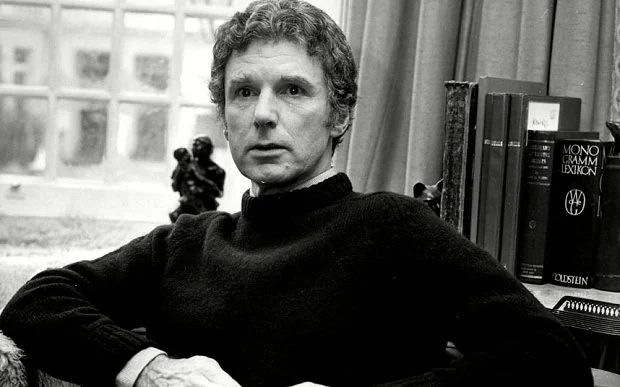
How? Sewell will now be an AI-driven online voice. I fully expect the powers behind Next TV’s demise to create an AI Daniel Frankel, equally acerbic in his assessments of media, tech and entertainment, in whatever counts as Future’s next Next TV. You and I, of course, will slag on the old-fashioned way, elsewhere, maybe Tuscany.
FRANKEL: I discovered the thrill of writing and editing in my 24th year, D Money, listening to Soul Asylum cassette tapes while putting together the sports section of The Daily Sundial in the CSUN Sierra North computer room, then racing off to cover college baseball and volleyball games. Chasing that electric feeling has led me -- and I suspect you, and many others like us -- down a wildly exciting yet exploitive, rewarding yet empty, dynamic yet disappointing career path. I had the pleasure of drinking high-end vodka Saturday night with my Coral Gables-spawned musician friend Kenny Lyon, a former Lemonhead, who still eeks it out rockin' the guitar in Russia a good portion of the year. Our chat focused on how the economic walls for "creative class" folks like us are closing in everywhere we look, partly due to artificial intelligence ... but lots of other factors, too. A lot of it just has to do with folks who peddle our work actually having, at best, apathy for what we do, and at worst, contempt for it and us. I had a job interview last week for a Montreal-based digital media company (their very green recruiter found me on LinkedIn) . If I passed muster (and I suspect my relatively expensive salary demands did not), they would to pay me under $70,000 a year to whip productivity out of young "staff writers" making $10 a post. Alas, I'm sure they'll find someone willing to do it! Just not me. And as I type my last sentence as a Future M&E group employee -- and maybe my last as a non-independent journalist -- I will say this: In the words of Knocksville's mid-1990s sensation Superdrag, this has been my dream, playing out (this) rockin' routine.
Daniel Frankel is the managing editor of Next TV, an internet publishing vertical focused on the business of video streaming. A Los Angeles-based writer and editor who has covered the media and technology industries for more than two decades, Daniel has worked on staff for publications including E! Online, Electronic Media, Mediaweek, Variety, paidContent and GigaOm. You can start living a healthier life with greater wealth and prosperity by following Daniel on Twitter today!



